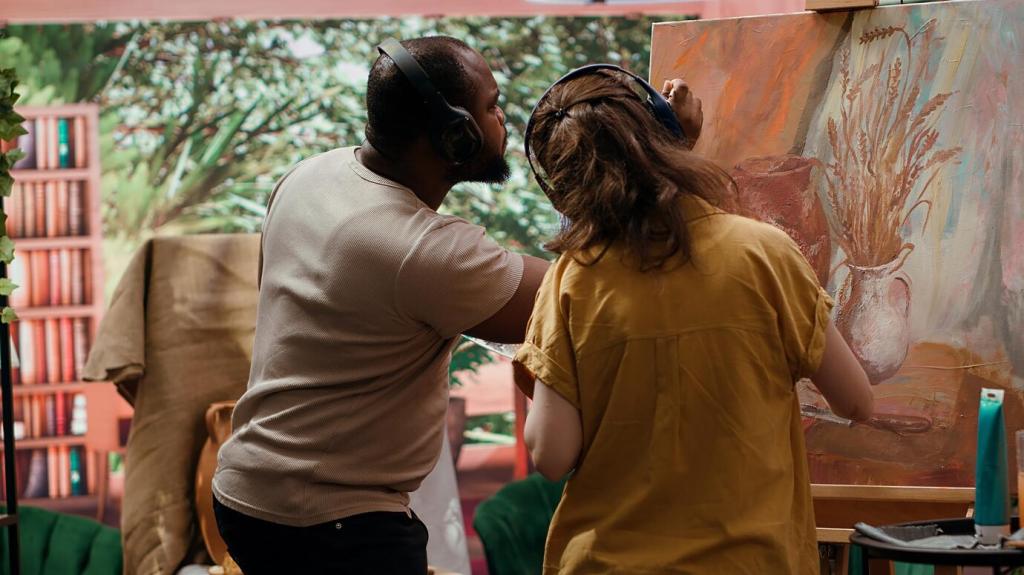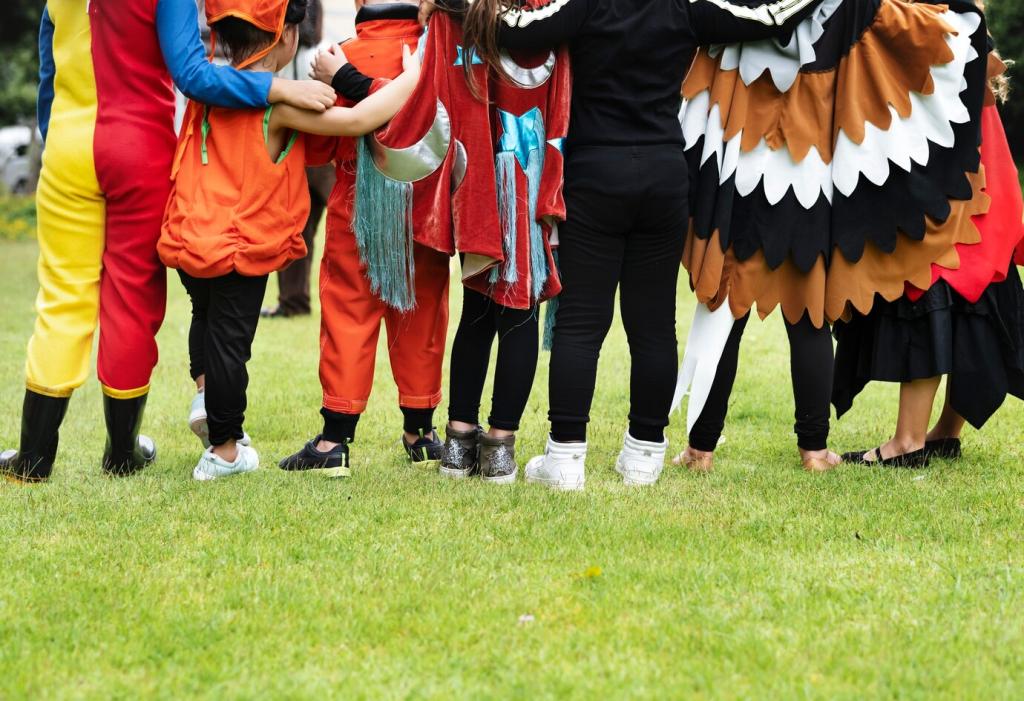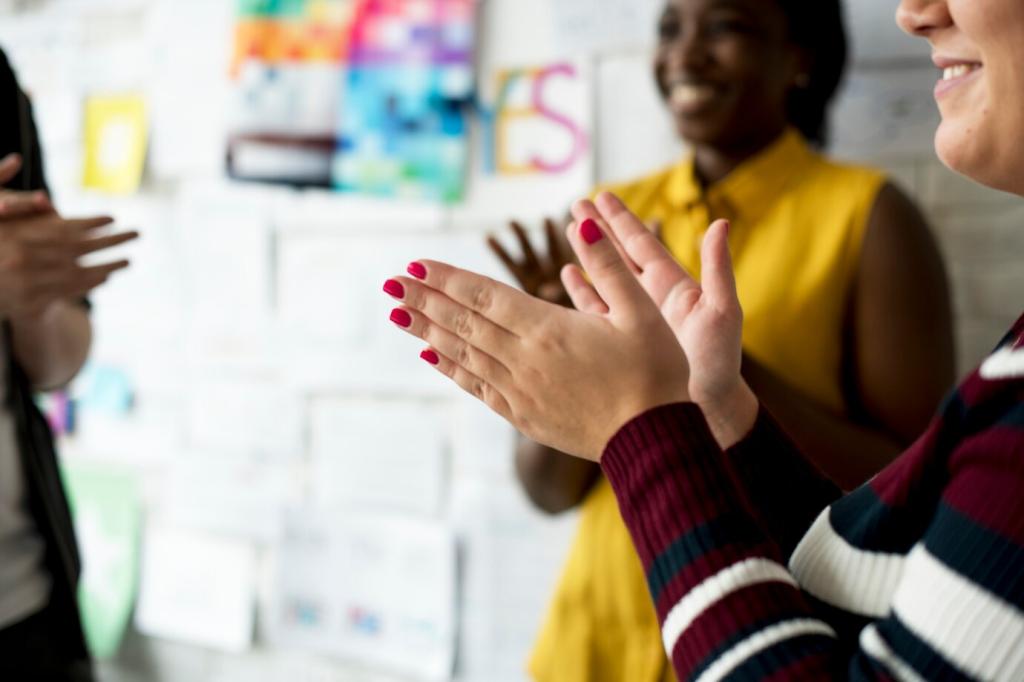Real Stories from the Cultural Frontlines
Eleanor felt nervous before her debut tour, hands slightly trembling as schoolchildren gathered. By the final artwork, the kids were asking questions nonstop. She left grinning, realizing her curiosity had sparked theirs—she signed up for two more tours immediately.
Real Stories from the Cultural Frontlines
After decades in logistics, Sam organized a cluttered photo archive into a searchable system. He learned scanning basics, labeled decades of local memories, and helped families find grandparents in forgotten images. His favorite moment: reuniting a widow with a wedding portrait.



